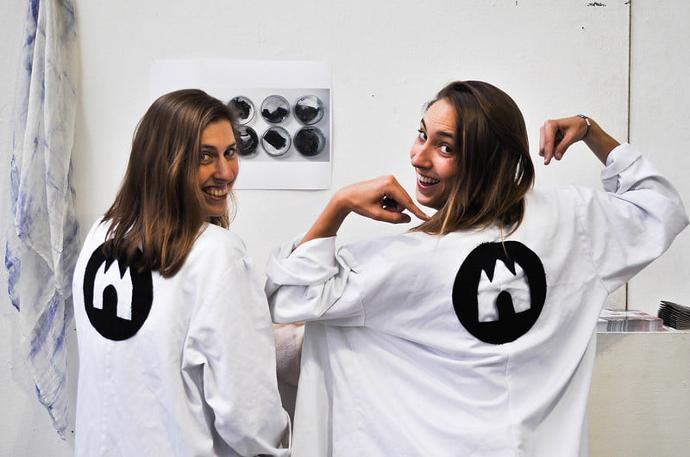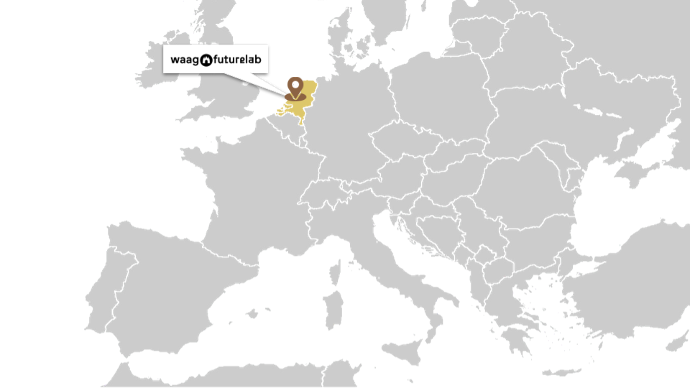Pilot 1
Waag FutureLab (The Netherlands)
About Waag
Waag FutureLab operates at the intersection of science, technology, and the arts, focusing on technology as an instrument of societal change, guided by the values of fairness, openness, and inclusivity. Its TextileLab Amsterdam examines the relationship between contemporary practices and heritage aspects in textile craftsmanship. It explores how these elements inspire contemporary creative culture and textile education, creating agency for people—from technologically advanced craftspeople to traditional artisans—who are ready to explore and engage with technology. Furthermore, TextileLab Amsterdam embraces a value-driven vision, aimed at exploring more sustainable and bio-material-driven paths that account for both human and planetary well-being. In this context, the lab offers the annual Fabricademy, a program where participants combine artistic and technological explorations with crafts and science to develop more sustainable alternatives.

Activities
-
Technical ideation and development of the "machine hack" sessions
-
Frugal ethnographic research
-
Hackathon and co-creation of events
-
Creative OS HARDWARE modules: research, educational development
-
Ideation and development of the haptic device
-
Implementation of an interactive exhibition to showcase the iteration and development of the machine
Results
-
Creation of distributed digital/hybrid TCK transmission environments, which will be shared within the creative sector to influence design capabilities.
-
A demonstrator of haptic tool for transfer of tangible (TCK-specific) qualities and embodied knowledge through augmented fabrication techniques.
-
Development of haptic interaction and material quality within the Fabricademy and Fab Academy.
Impact
-
Shape up new hybrid craftspeople, who combine design, crafts, technology and science and link traditional production methods in a chain of different crafts.
-
Experiment with digital fabrication tools and different methods of learning and exchange within the context of textiles and natural dyes.
-
Research on how different materials can amplify traditional craftsmanship’s bodily experience (and embodied knowledge) through technology-mediated environments (such as AR/VR).
